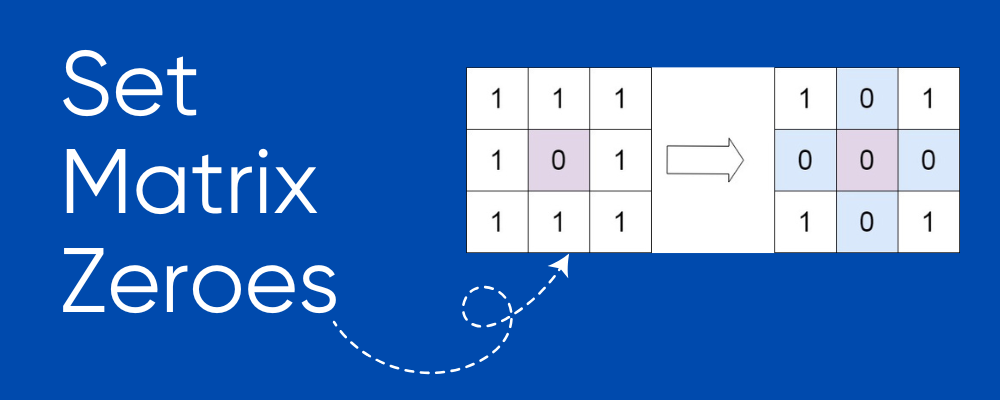


You are given a matrix A of size N x M where each row is sorted in ascending order. Your task is to find and return the overall median of the matrix.
1 <= N, M <= 10^5
1 <= N * M <= 10^6
1 <= A[i] <= 10^9
N * M is always odd, ensuring a single median value exists.
No extra memory is allowed.
Rows are numbered from top to bottom, and columns are numbered from left to right.
To solve this problem efficiently:
Binary Search on Value Range: The matrix has sorted rows, which allows us to perform a binary search on the possible range of values, i.e., from the smallest to the largest element in the matrix.
Counting Smaller Elements: For a given value, count how many elements in the matrix are smaller than or equal to it. This can be efficiently computed using binary search on each row.
Median Definition: The median is the middle element when all elements are sorted. For an odd-sized matrix, it is located at position .
The solution employs the following steps:
Identify the smallest and largest values in the matrix.
The smallest value is the first element of the first row.
The largest value is the last element of the last row.
Use binary search between the smallest and largest values to determine the median.
For each mid-point in the binary search, count how many elements in the matrix are less than or equal to that mid-point.
Adjust the binary search range based on whether the count is less than or greater than the desired position.
Use a helper function to count how many elements in a sorted row are smaller than or equal to a given value. This is done using binary search on the row.
Here is the Java implementation of the solution:
class Solution {
public void setZeroes(int[][] matrix) {
int N = matrix.length;
int M = matrix[0].length;
int col0 = 1; // Variable to track if the first column needs to be zeroed
// Step 1: Use the first row and column as markers
for (int i = 0; i < N; i++) {
for (int j = 0; j < M; j++) {
if (matrix[i][j] == 0) {
matrix[i][0] = 0; // Mark the row
if (j != 0) {
matrix[0][j] = 0; // Mark the column
} else {
col0 = 0; // Mark the first column
}
}
}
}
// Step 2: Update the matrix based on markers
for (int i = 1; i < N; i++) {
for (int j = 1; j < M; j++) {
if (matrix[0][j] == 0 || matrix[i][0] == 0) {
matrix[i][j] = 0;
}
}
}
// Step 3: Update the first row if needed
if (matrix[0][0] == 0) {
for (int j = 0; j < M; j++) {
matrix[0][j] = 0;
}
}
// Step 4: Update the first column if needed
if (col0 == 0) {
for (int i = 0; i < N; i++) {
matrix[i][0] = 0;
}
}
}
}
Time Complexity: O(N * M)
Single pass through the matrix for marking and another for updating.
Space Complexity: O(1)
No extra space used apart from input matrix.

Our Program make you Job Ready for your Dream Company 🚀